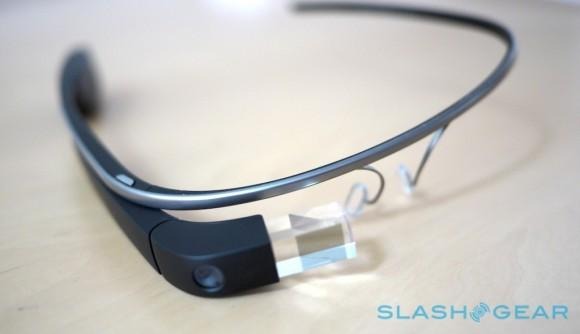Google Glass may return, but not until it's 'perfect'
Now that Google Glass is out of circulation, there's two trains of thought you can hitcha ride on: it'll return, or it's dead. Within those trains are various cars to ride in, like "it'll come back, but as an enterprise solution", or "Google killed off something I love, just like they did with Reader". All indications are that Google hasn't given up on Glass, but where, how, and when it will come back are anyone's guess right now. A new report says you'll see Glass again, but not until it's "perfect".
Glass, which is now under Tony Fadell at Nest — Google's de facto hardware division — is undergoing a refresh of sorts. After losing steam and partners, the Glass team is taking a knee. According to the New York Times, "Several people with knowledge of Mr. Fadell's plans for Glass said he was going to redesign the product from scratch and would not release it until it was complete".
An 'adviser' to Fadell said "Tony is a product guy and he's not going to release something until it's perfect." That same adviser said "there will be no public experimentation".

So Glass is coming back, or at least Google is still saying they've not given up on it. As we've seen with the rise of Epson's Moverio wearable, heads-up wearables are probably best left to casual use for gaming or similar activities, and possibly enterprise. Fadell hinted at that with his statement on the matter, saying "early Glass efforts have broken ground and allowed us to learn what's important to consumers and enterprises alike".
Similarly, Google's tongue-in-cheek Cardboard project proved that augmented reality didn't need to be expensive. All Glass really proved was that day-to-day, heads-up wearables are not desirable for consumers. Glass found favor and praise when used for enterprise purposes, especially in the medical field.
To that, we'll say Glass' future is still murky. Ivy Ross capably runs Google's smart-eyewear division under Fadell, so there's a personnel commitment there from Google. Whether or not it comes to anything usable remains to be seen.
Source: The New York Times
